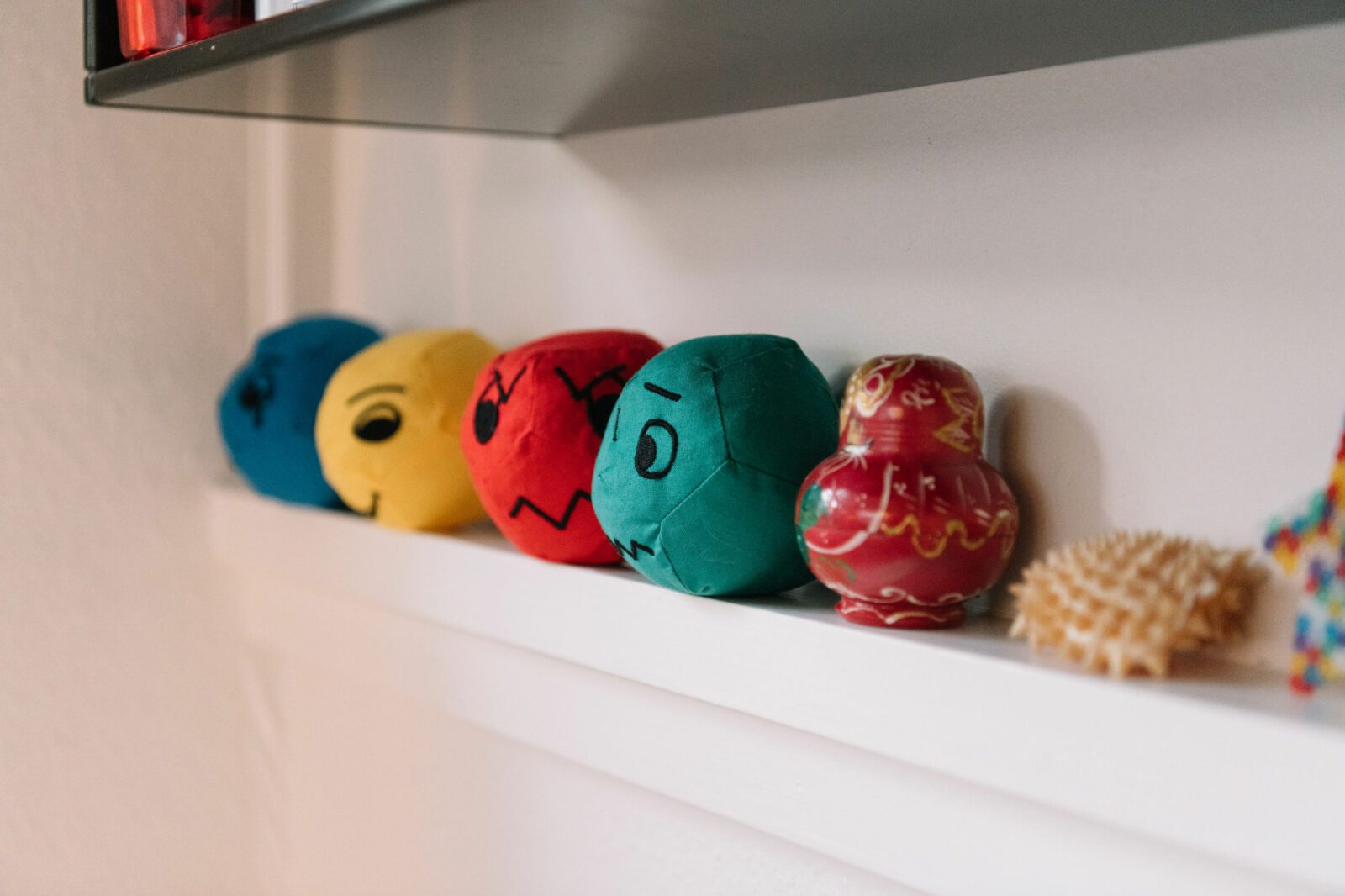
What is anticipatory grief?
When a parent or sibling becomes seriously physically ill, it often leads to major changes in the family. The roles in the family and the secure stable framework changes. The child’s life changes.
For some visiting the hospital suddenly becomes part of the daily routine. For many the parents are perhaps also abroad for hospital treatment for short or long periods. In general illness takes up a lot of space in daily life, and the parents might not always have as much energy to ask and listen as they usually do. Often the same household chores have to be carried out by fewer people, and it can be difficult to plan things.
In addition we see that many children and youth people struggle with:
- Worry about the future.
- Uncertainty about the disease and prognosis.
- Fear of loss.
- Seeing their parents or siblings suffer or feel low.
- Greater responsibility in the home.
- Limitations in daily life.
- Financial difficulties and their consequences for the family.
- Feelings of guilt.
- Incompatible needs of different family members.
In our experience, many children and young people are alone with heavy thoughts, feelings and concerns, when their mum, dad or a sibling is seriously ill. Some don’t want to burden their parents with this, because they can see how much they have on their mind. Other children worry that their parents or sibling’s disease will get worse if the parents also have to worry about how the healthy child is doing. That means that many instead become even more caring and responsible in the home and perhaps also choose to abandon their interests in order to help in the home.
When children and youth feel pressed, stressed and insecure it is, for example, common:
- To have less energy.
- To have difficulties falling asleep or sleep badly.
- To have problems remembering and concentrating.
- To have stomach pain or headaches.
- To feel in a low mood.
- To have a shorter fuse and get angry easily.
